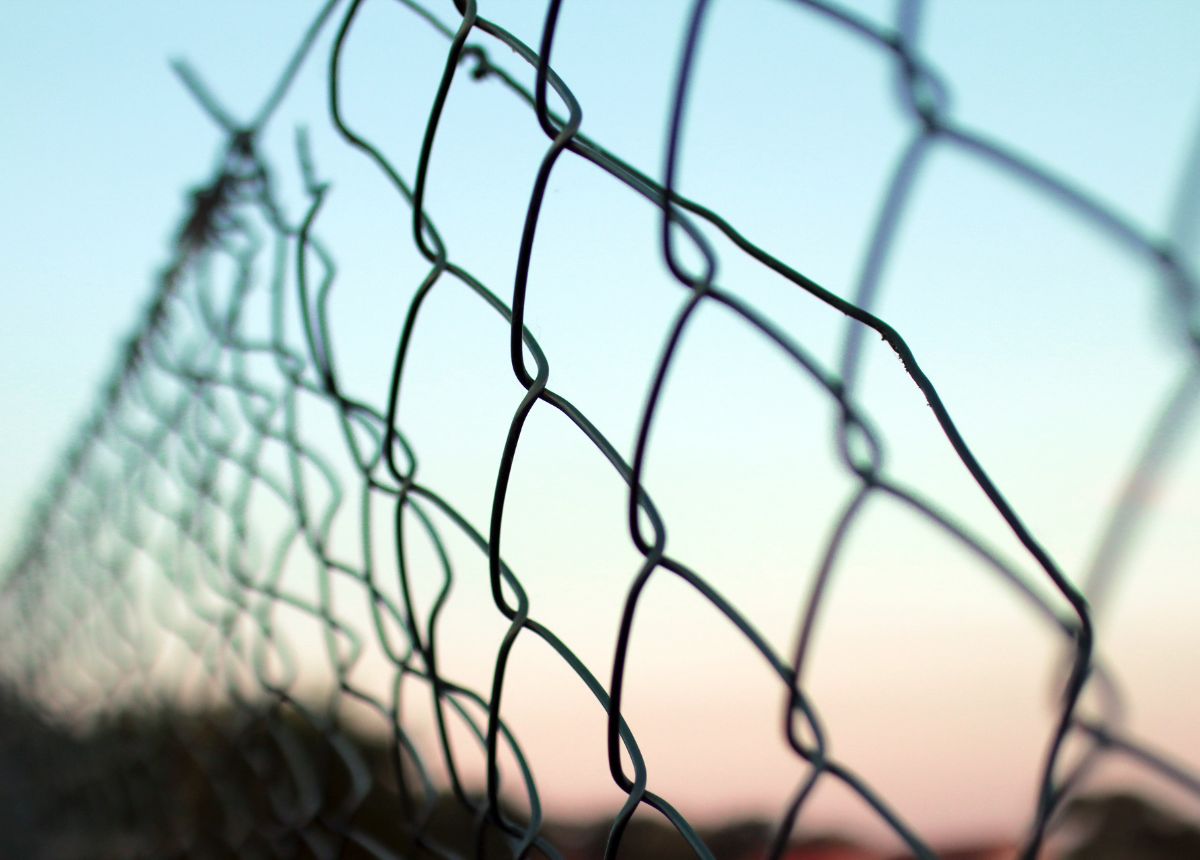
During the height of the pandemic there was a dramatic fall in the number of people held in immigration detention in the UK. This was a golden opportunity to shift away from detention towards community-based alternatives that have been shown to provide better outcomes for less money. But instead of seizing this opportunity, it appears that this government is heading in the opposite direction.
There has been a general downward trend in the number of people entering immigration detention since the peak in 2015, with a sharp fall in 2020 and 2021 as fewer people were detained due to Covid-19 restrictions.
However, since pandemic restrictions eased last year the numbers have risen again sharply. In fact, in the year ending March 2022 the number of people entering detention (25,282) was 9% higher than the pre-pandemic levels in the year ending March 2020.
Alongside this rise in the number of people entering detention, we have also seen a troubling drive to open more detention centres. In August 2020 – when the number of women held in immigration detention had fallen below 20 – the government decided that the infamous Yarl’s Wood would no longer operate as a long-term detention centre for women (it was re-purposed as a short-term holding facility for men).
However, by November that year women were being detained there once again, and a year later the government announced the opening of a new detention centre for women in County Durham. Around 80 women were locked up at the new centre over the Christmas week in 2021, almost filling the centre to capacity immediately.
The government has also backtracked on Campsfield detention centre in Oxfordshire. Its closure was announced in November 2018 as part of a commitment to reduce the number of people detained in the UK. But in June this year, the government announced that it would re-open as a larger 400-bed detention centre for men – in part to support the government’s cruel plan to detain and send people seeking asylum to Rwanda.
Such rapid growth in immigration detention comes at significant human cost. Last month we learned that in 2021-22 a record number of 572 people had been unlawfully detained, causing untold suffering and resulting in £12.7m worth of compensation payments.
In this context of rising numbers in detention, an expanding detention estate and soaring unlawful detentions, we need curbs on this government’s powers to detain more than ever.
Nobody should be detained indefinitely with no idea when they might be set free. So until the practice of immigration detention is ended in the UK, it must be subject to a 28-day time limit to reduce the harm caused and force the government to review people’s cases more quickly.
The government should also look again at the list of groups recognised as “particularly vulnerable to harm in detention”. Although trans and intersex people are included (and therefore less likely to be detained), lesbian, gay and bisexual people are not – despite evidence that they also experience LGBTQI-phobic bullying, harassment and abuse inside.
Read more about our campaign for a time limit and an end to LGBTQI+ detention and add your name in support.
